 |
All side events will be held during lunch breaks and in the evenings. The deadline for applications is 1 March 2023.
Apply for a side event at the 2023 BRS COPs!
|
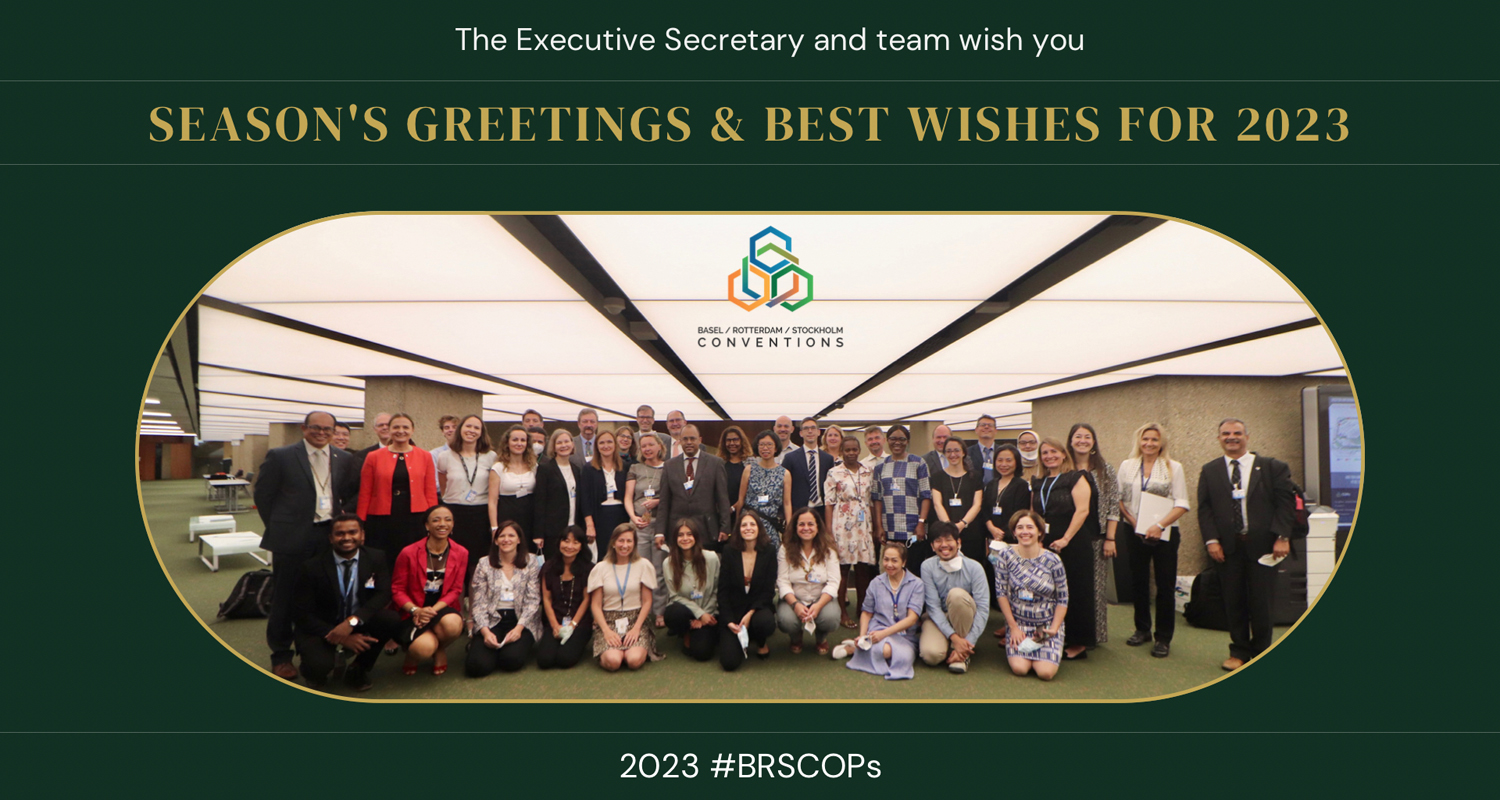 |
Happy holidays and a prosperous 2023!
|
 |
Published on a biannual basis, the PIC Circular is a key document in the implementation of the Rotterdam Convention, both for the operation of the Prior Informed Consent (PIC) procedure, and for the exchange of information on hazardous chemicals.
56th edition of the Rotterdam Convention PIC Circular now available
|
 |
Key document on Prior Informed Consent issued for 56th time, sharing information to assist and inform Parties for better decision-making regarding pesticides and chemicals.
56th edition of the Rotterdam Convention PIC Circular now online
|
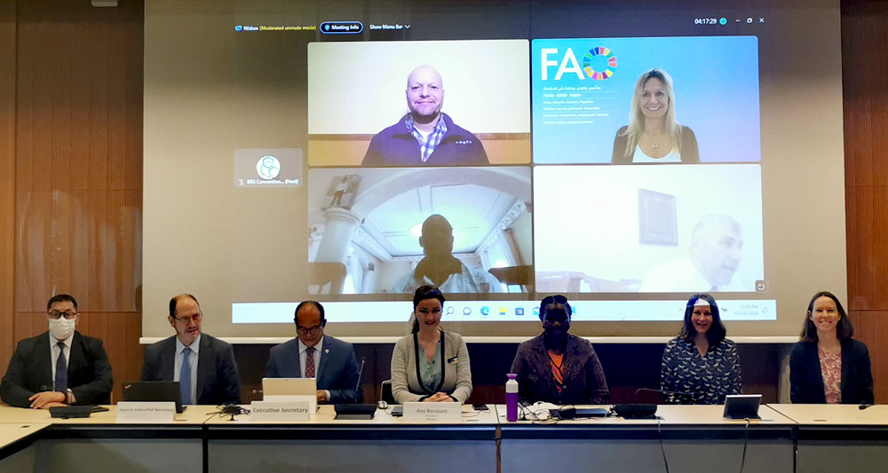 |
The meeting took place in Geneva, Switzerland, on 25 October 2022.
Rotterdam COP Bureau meeting report now available
|
 |
Download and read the report for the Chemical Review Committee on the work of its eighteenth meeting.
CRC-18 advance report now available in English
|
 |
The Rotterdam Convention has developed a series of tools, including a technical assistance website, an interactive map, and a resource kit, in order to strengthen the capacities of developing Parties and Parties with economies in transition.
Rotterdam Convention offers technical assistance tools
|
 |
Invitation letters to 2023 BRS COPs have been sent out to Parties.
2023 Rotterdam COP provisional agenda now available
|
 |
Taking place from 28 November to 1 December 2022, the workshop is organized by the Costa Rica Ministry of Agriculture and Livestock, with the support of the Secretariat of the Rotterdam Convention, and the Food and Agriculture Organization of the United Nations.
Join the workshop for strengthening capacities of the Rotterdam Convention in Costa Rica!
|
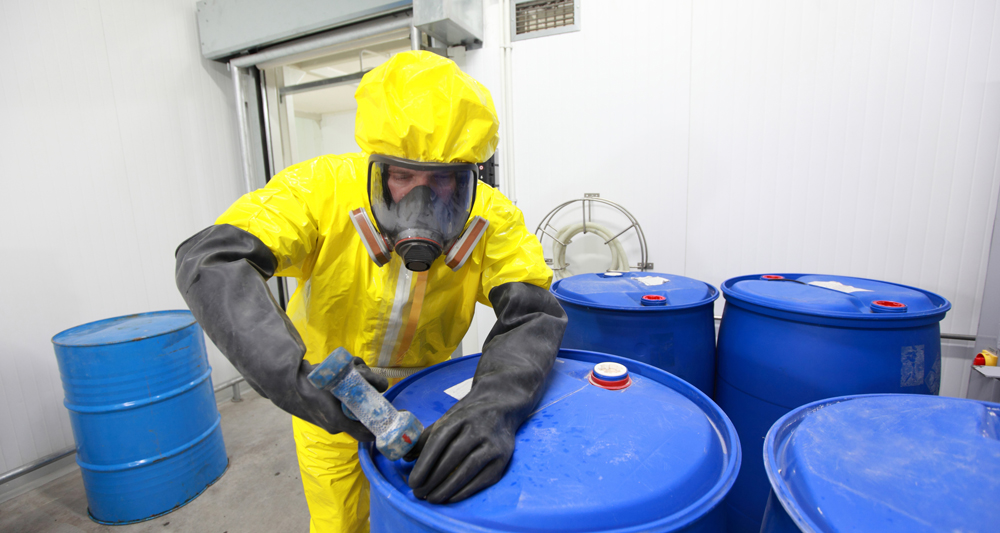 |
The meeting will be held from 16 to 18 November 2022, back-to-back with the 15th Basel Convention Implementation and Compliance Committee meeting.
Rotterdam Convention Compliance Committee meets for the first time
|
 |
The amendments to list decabromodiphenyl ether and perfluorooctanoic acid (PFOA), its salts and PFOA-related compounds enter into force on 22 October 2022. Parties are invited to provide import responses by 21 July 2023.
Listing of two new chemicals in Annex III to the Rotterdam Convention
|
 |
The Bureau members will discuss the provisional agenda and preparations of the eleventh meeting of the Conference of the Parties to the Rotterdam Convention in 2023.
Rotterdam COP Bureau meets in Geneva from 25 to 26 October 2022
|
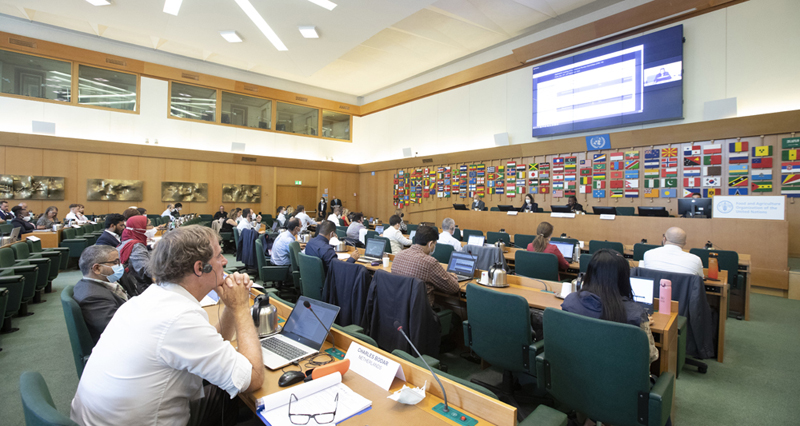 |
During the 18th meeting of the Chemical Review Committee, delegates will focus on finalising guidance documents about the terbufos and iprodione pesticides, both of which could be considered for listing in 2023. The meeting will conclude on 23 September.
CRC-18 begins in Rome with reviews of final regulatory actions for 10 chemicals
|
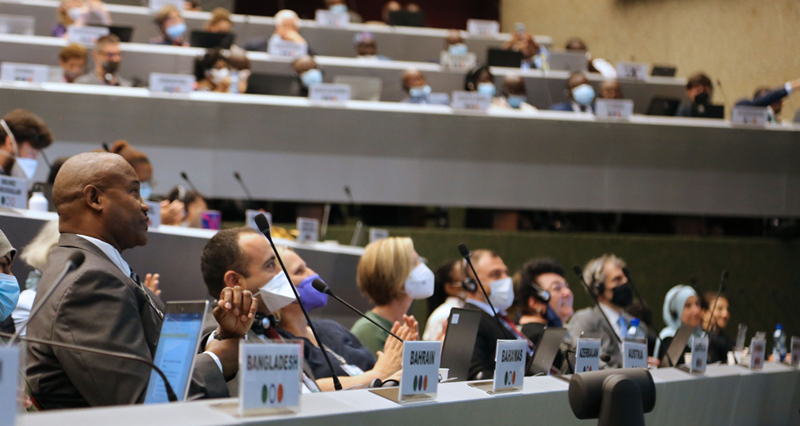 |
The report of the Conference of the Parties to the Rotterdam Convention on the Prior Informed Consent Procedure for Certain Hazardous Chemicals and Pesticides in International Trade covers work carried out during the resumed tenth meeting (face-to-face and high-level segments).
Advance report for COP-10 now available in English
|
 |
A total of 66 countries have already been approved to receive support in the first five rounds to facilitate the fulfilment of obligations towards the chemicals and waste related instruments.
Apply for the 5th funding cycle of the Chemicals and Waste Management Programme by 12 August!
|